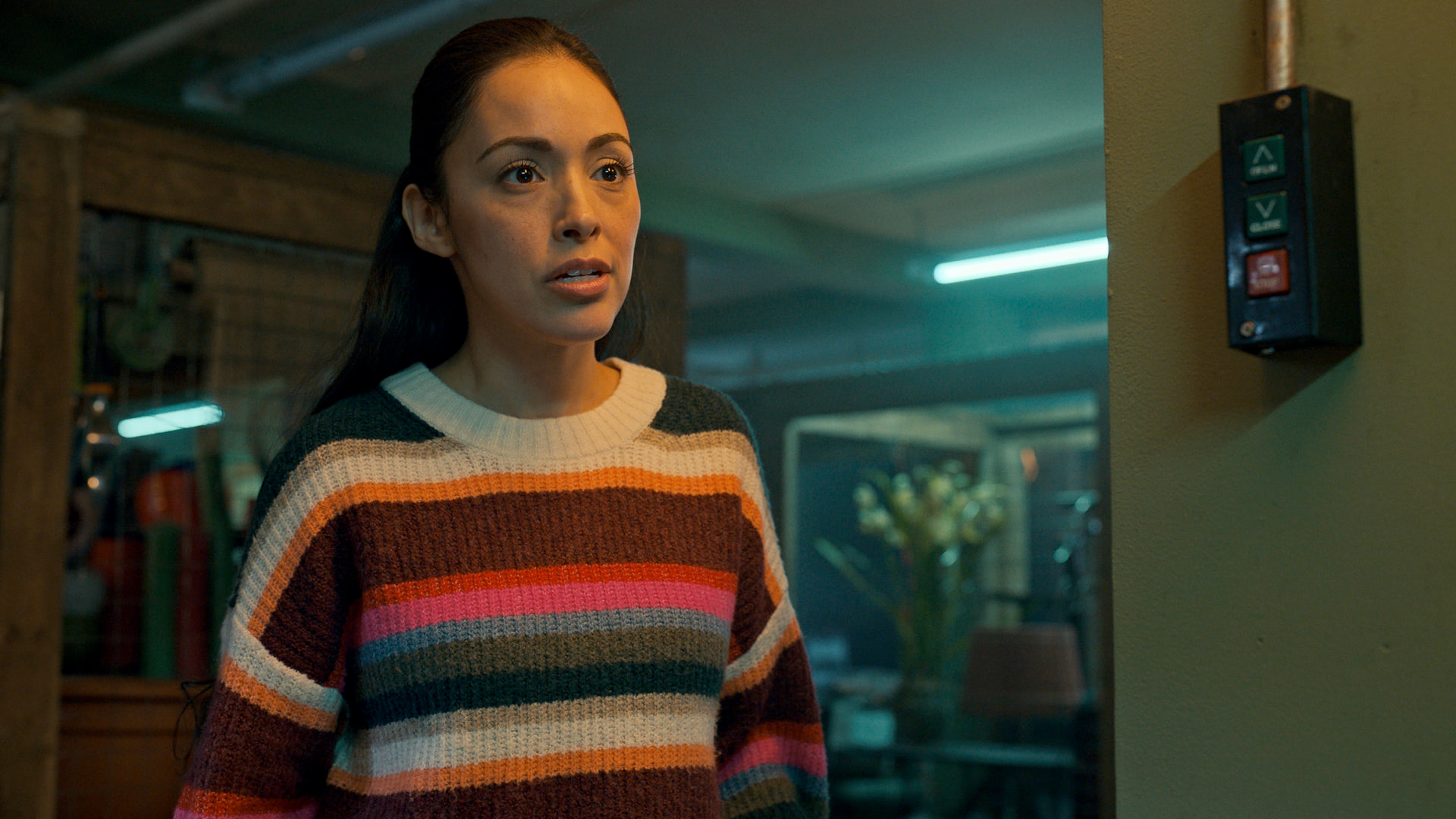Entertainment
The latest Entertainment breaking news, comment, reviews and features from the experts at T3
-

3 Netflix TV shows that are as uncomfortable to watch as they are gripping
Some of the best shows on Netflix can disturb for one reason or another – here are three that give you the shivers but are still unmissable
By Brian Comber Published
-

Apple TV+'s sexy chef Carême gets another thrilling trailer
This show looks pretty unique
By Max Freeman-Mills Published
-

"It's like a musical" says Tom Hardy of his new ultra-violent Netflix movie
Havoc is now streaming on Netflix
By Mike Lowe Published
-

Roku takes the fight to Amazon with new streaming sticks at unbelievable prices
Roku launches two new streamers in the UK and US, but its new cameras aren't coming to the UK yet
By Carrie Marshall Published
-

Amazon scores a huge 100%-rated hit with new Jacob Elordi show
The Narrow Road to the Deep North is big
By Max Freeman-Mills Published
-

Is this detective show my next obsession on Prime Video?
Ballard expands an existing universe
By Max Freeman-Mills Published
-

Welcome to Wrexham season four is coming – here's when
The Disney Plus favourite had 100% on Rotten Tomatoes last season
By Sam Cross Last updated
-

Is this about to be Prime Video's sauciest movie of all time?
Another Simple Favor looks steamy
By Max Freeman-Mills Published
-

I can tell this new Netflix comedy series is going to have a sad twist
The Four Seasons will have light and shade
By Max Freeman-Mills Published
-

You might not know about it, but this Prime Video sequel is going to be enormous
Culpa Nuestra will be massive
By Max Freeman-Mills Published
-

The Last of Us season 2 isn't the best, according to viewers
Critics and viewers are at odds with The Last of Us season 2's premiere
By Mike Lowe Published
-

Apple TV+'s beloved sci-fi series gets a surprise sequel and trailer
Wondla is coming back
By Max Freeman-Mills Published
-

Netflix's most surprising 100%-rated sci-fi series returns with gorgeous trailer
Love Death + Robots is back for more
By Max Freeman-Mills Published
-

My most anticipated Netflix movie of the year gets a wild new trailer
Havoc looks pretty unbelievable
By Max Freeman-Mills Published
-

Forget the tariffs, Paddington 3 is now on Netflix to bring you joy
Paddington In Peru is now streaming on Netflix
By Mike Lowe Published
-

I did the unthinkable and subscribed to Paramount+
Hear me out: Paramount+ is worth paying for right now
By Mike Lowe Last updated
-

I love the Murderbot books, and Apple TV+'s first trailer has me excited
Murderbot is a series I can't wait for
By Max Freeman-Mills Published
-

This runaway Netflix no.1 hit shows reviews aren't everything
Ignore The Life List's Rotten Tomatoes score
By Max Freeman-Mills Last updated
-

HBO’s best show in recent memory returns this weekend
The Last of Us season 2 is almost here
By Mike Lowe Published
-

The Handmaid's Tale hits different in 2025 but it's still a thrilling watch (no spoilers)
As season 6 kicks off on Hulu in the US, we see The Handmaid's Tale covering new ground with the same sense of foreboding
By Mat Gallagher Published
-

I'd never heard of this award-winning Apple TV+ series, but now it's back
Jane seems like lovely family fun
By Max Freeman-Mills Published
-

You only have days to catch this sci-fi stunner - it's leaving Netflix soon
A Quiet Place: Part II is terrifying
By Max Freeman-Mills Published
-

I watched the most beautiful movie with no dialogue and now I'm speechless
Flow is a gorgeous animation with no words whatsoever – a must to stream
By Mike Lowe Published
-

Apple TV+ summons the spirit of Indiana Jones for The Fountain of Youth
It's nabbed some big stars to help
By Max Freeman-Mills Published
-

You owe it to yourself to watch this unbelievable Prime Video show
Last One Laughing UK is a delight
By Max Freeman-Mills Published
-

Netflix might have the next The Last Of Us in huge new sci-fi trailer
The Eternaut looks awesome
By Max Freeman-Mills Published
-

3 best Apple TV+ shows you didn't know existed
Apple TV+ is relatively young in comparison with other streaming services, but there are still some shows hidden in its depths – here are three we've unearthed
By Brian Comber Published
-

Netflix finally gives us more details about upcoming sci-fi epic
Black Mirror's new season looks huge
By Max Freeman-Mills Published
-

Amazon's oddest show returns in May – Clarkson's Farm Season 4 release date revealed
Jeremy Clarkson spills the beans... and the ale
By Rik Henderson Published
